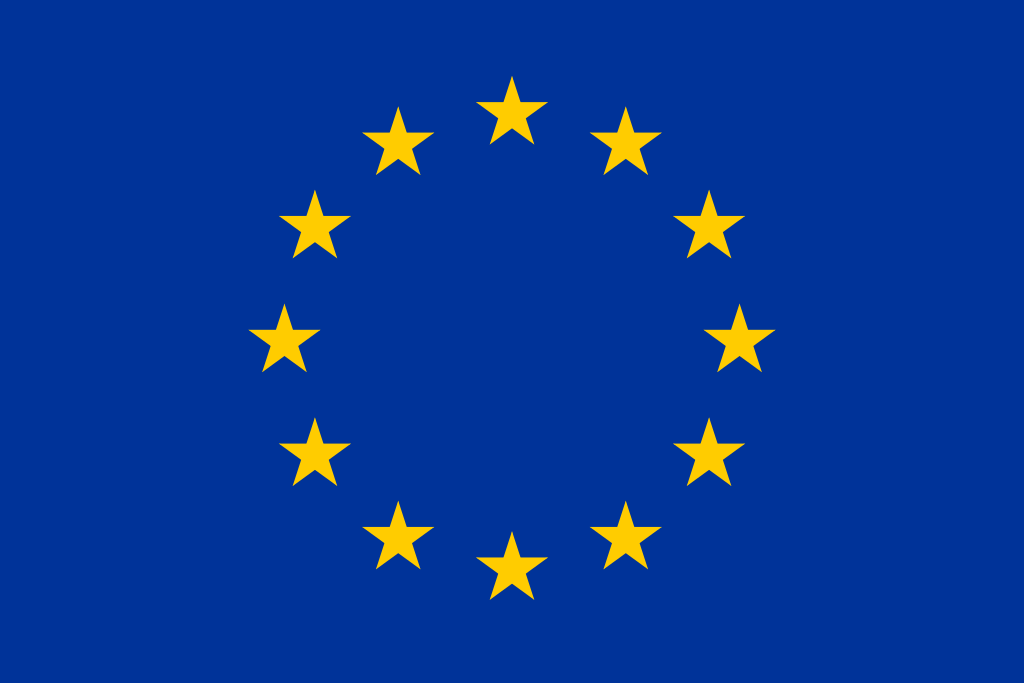
15.04.2020.
Common Priority: Facts About Victims
Berlin Process, EU27 May 2019
The EU has placed good neighborly relations and reconciliation high in the 2018 enlargement strategy. Its endorsement by the Western Balkans leaders at the Sofia summit (17 May 2018) and their joint declarations on missing persons and on war crimes, in London (10 July 2018), give hope that strong support for reconciliation, through the RECOM Initiative, will be agreed upon at the Poznan Summit (4-5 July 2019) in the framework of the Berlin Process.
The preparatory ministerial meeting (Warsaw 11 May 2019) certainly underlined the “participants’ commitment to reconciliation”, as they “discussed a possible approach to dealing with the past by the governments with the involvement of civil society and victim associations through the initiative for RECOM” and “agreed to continue exploring this option” (Chair’s communiqué). Pierre Mirel, former Director for the WB at the European Commission, was asked to assist this aim forward.
It is in this context that Pierre Mirel met recently with state institution representatives in Bosnia and Herzegovina, including with Staša Košarac, deputy of the SNSD Caucus, who issued a press release afterward (16 May 2019). Mr. Košarac stated that Republika Srpska’s institutions consider RECOM as an “unacceptable institution for encouraging the process of reconciliation”, because “ICTY judgments cannot be the basis for establishing facts and full truth”. How can one deny that beyond the verdicts, even with some mistakes, facts have been established by the trials?
This statement by Mr. Košarac represents a clear negation of BiH’s commitment at the London Summit where the Heads of Governments underlined the importance of “recognizing and respecting verdicts, rejecting the use of hate speech and the glorification of war criminals, promoting a culture of respect for and solidarity with all the victims” (Joint Declaration on War Crimes).
This is precisely the goal of the ‘Regional Commission tasked with establishing the facts about all victims of war crimes and other serious rights violations committed on the territory of the former Yugoslavia from 1 January 1991 to 31 December 2001’ (RECOM).
RECOM is not aimed at duplicating judicial work nor at becoming a parallel tribunal. By focussing on the facts and the victims, it would prove to be an indispensable tool to complement judicial decisions and to bring closer opposing views regarding the same events. RECOM is conceived as a regional inter-state body, where its Commissioners are selected by the authorities and civil society representatives. Its Draft Statute rallied a wide consensus among the Western Balkan leaders in 2014. Political changes in several countries afterwards slowed down the pursuit of the initiative, hence the importance of returning to it as it regathers momentum at the Poznan Summit this July.
So far, Serbia, Kosovo, North Macedonia, and Montenegro have agreed to support it. Bosnia and Herzegovina and Croatia have not yet taken an official position. It is hoped that they too will participate in a RECOM Declaration, in the name of the victims and in accordance with their commitment “to overcome the legacy of the past, through promoting reconciliation and good neighborly relations” (Joint Declaration, London, 10 July 2018).
All WB leaders should indeed be striving for reconciliation by all possible means (in the fields of trials, victims-centered approaches, joint commemorations, school books and other activities), in line with the numerous declarations, they have signed over the past years, as well as in the context of the 2015 EU Council conclusions to support Transitional Justice. Establishing the facts about the victims should be a priority, in order to restore their dignity and to avoid allowing the past to permanently disturb the present and handicap the future.














